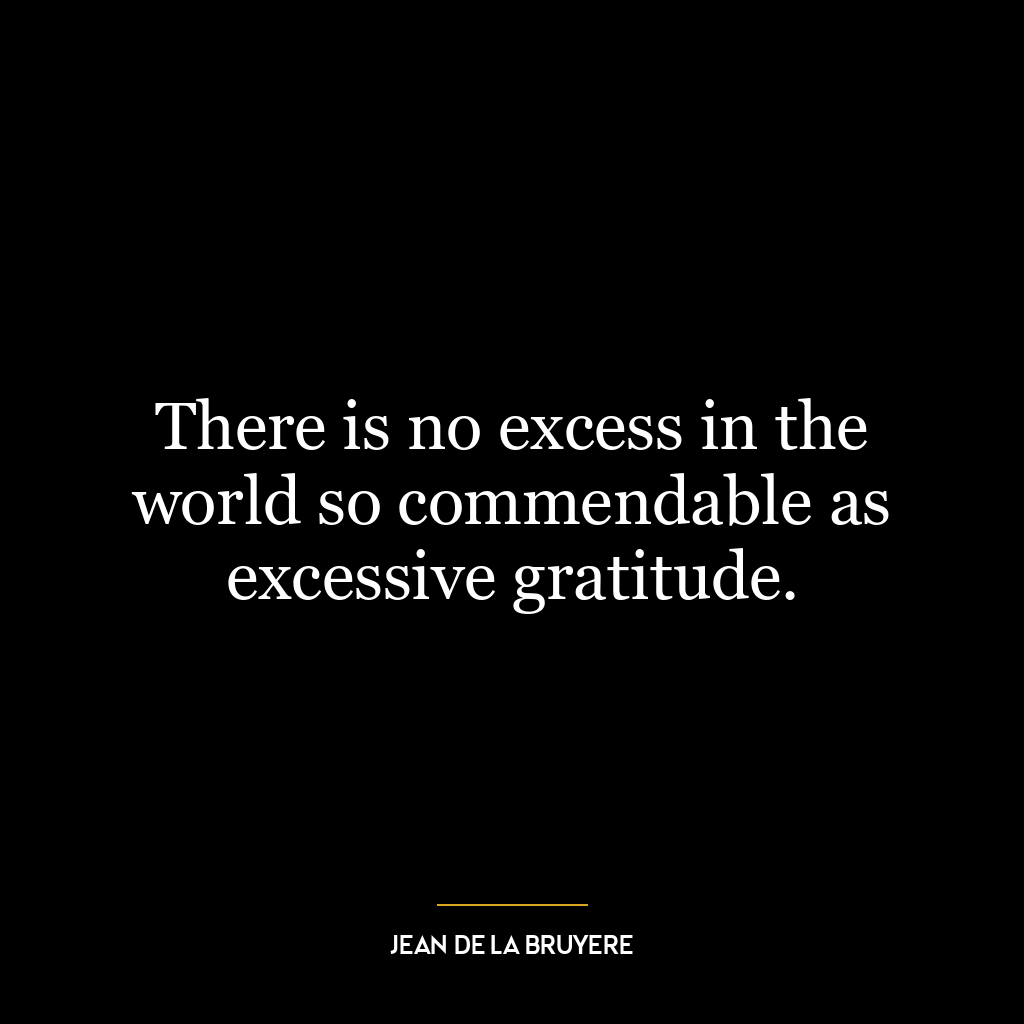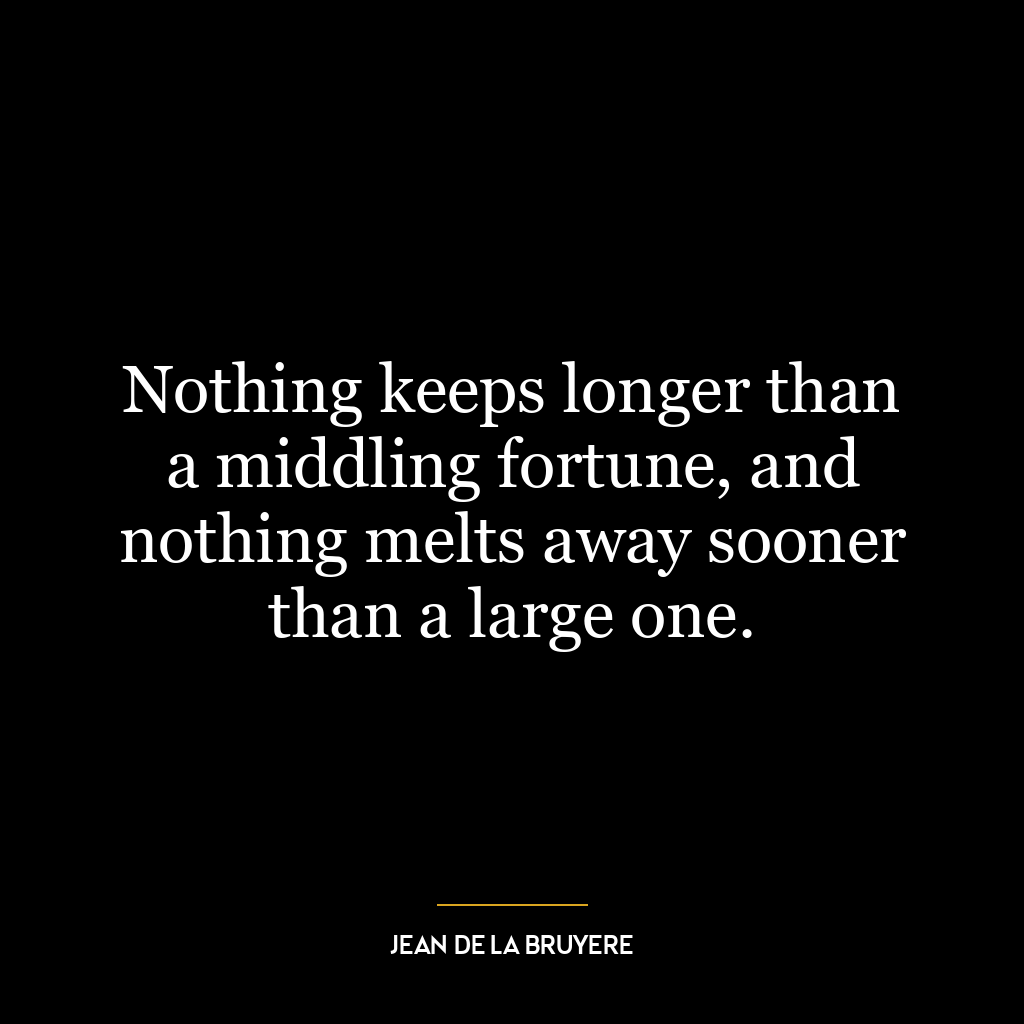Whatsoever has exceeded its proper limit is in an unstable position.
This quote is a profound reflection on the principle of moderation and balance. It suggests that anything that goes beyond its appropriate boundaries is likely to be unstable or unsustainable. This could apply to a wide variety of contexts, from personal habits to societal structures.
For instance, in the context of personal development, if an individual works excessively without rest, it may lead to burnout and health problems. Similarly, excessive consumption of food can lead to obesity and related health issues. On the other hand, if one doesn’t work or eat enough, it can also lead to problems. Thus, maintaining a balance is crucial for stability and sustainability.
In a broader societal context, this principle can be seen in economic systems. If wealth is excessively concentrated in the hands of a few, it can lead to social instability. Similarly, if a country’s debt exceeds its ability to repay, it can lead to economic instability.
In today’s world, this idea is particularly relevant in the context of environmental sustainability. If we consume natural resources beyond the Earth’s capacity to replenish them, it leads to environmental degradation and climate change, threatening the stability of ecosystems and human societies.
In all these cases, the principle that “whatsoever has exceeded its proper limit is in an unstable position” holds true. It underscores the importance of balance, moderation, and sustainability in all aspects of life.















